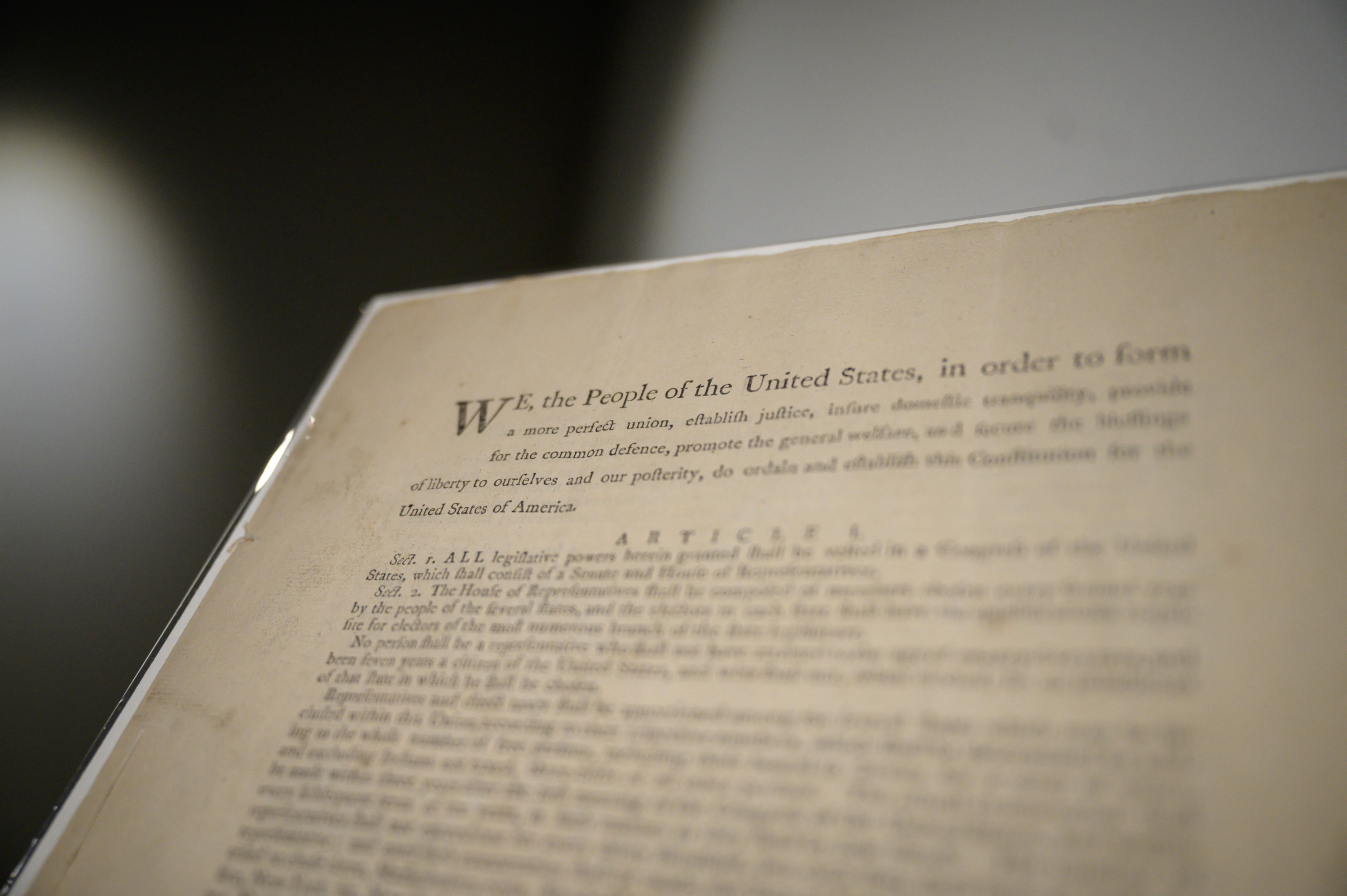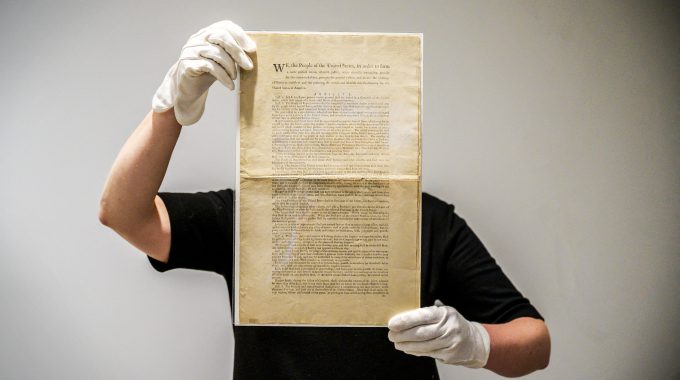Despite being a small island in the Indian Ocean, Mauritius is a democratic country known for its civil liberties and free and fair elections. So, let’s find out more about the salient features of the Constitution of Mauritius.
-
Protection of Right to Life
As an internationally recognized right, this essential right expresses the fact that all living beings must be protected. This right to life begins with the birth of a child who has the right to live and grow into an adult. This right to life also means that the person’s life should be respected and should not be killed. This symbolizes an official interdiction, where even a convict should not be deprived of his life, meaning that the country will not be subject to intentionally causing the death of an individual.
This line of provision can be clearly seen in the following cases, Lodassen Canjamalay v/s Police, Nick Bradley Marianne v/s Police and Jean Jacques Brandon Clyde Quirin v/s Police, where the detainees were not deprived of their lives and were entitled to be released on bail.
-
Protection of Right to Personal Liberty

This section refers to the protection of individuals’ freedom and security and the origins of this right go back to the English Magna Charta and the United States Declaration of the Rights of Man and Citizen.
This fundamental right expresses how a person cannot be unreasonably detained or imprisoned. If a person is imprisoned, this Act says that the latter has the right to the following:
- Be told why he was arrested (that too in a language that the detained can understand)
- The detained should be entitled to bail
iii. Have a trial within a reasonable time frame
- Receive compensation if the latter has been wrongfully detained
The provision of this right can be clearly seen in the case of Police v/s Jean Oliver Gino MEETUN.
-
Protection From Slavery and Forced Labor
1st February commemorates the abolition of slavery in Mauritius and so this provision has also been made in the Constitution which clearly states that no person should be held in conditions where one individual is being owned by another.
Furthermore, the right to freedom from forced labor states that an individual has the right to refuse and not to be compelled to work through the use of force, coercion or fraud.
-
Protection From Inhuman Treatment
No one deserves cruel and barbarous treatment and section 7 of the Constitution makes provision for this, protecting individuals from any type of inhuman and degrading treatment. The application of this right can be seen in the case of Kripanund Mathon Jeewon v. The Arya Sabha Mauritius.
-
Protection From Deprivation of Property
This section indicates how an individual should not be deprived of property that is in provision with the general laws which do not permit arbitrary deprivation.
-
Protection for Privacy of Home and Other Property

In Mauritius, a person has the right to live his life privately and enjoy the privacy of his home without any interference from the state. This refers to the legitimate expectation of one’s privacy for his home and other properties.
-
Provisions to Secure Protection of Law
In this section, if a person is charged with a criminal offense, the case must be heard fairly and impartially by an independent and impartial court established by law, unless the charge is withdrawn.
-
Protection of Freedom of Conscience
Whether it’s to think about one’s future or to ponder on how to attain salvation, a person has the right to manifest his thought, religion and belief. The Constitution provides individuals with the freedom to think, worship, teach, practice and enjoy the freedom of that conscience.
Take a look at the case of Yunas Dhundass v 1. Mr. Jacques Rivet 2. Le Mauricien Ltd
-
Protection of Freedom of Expression
As an essential right originating from the Article 19 of the Universal Declaration of Human Rights, this right provides protection to the one who has the freedom to express his school of thought without any fear of interference.


